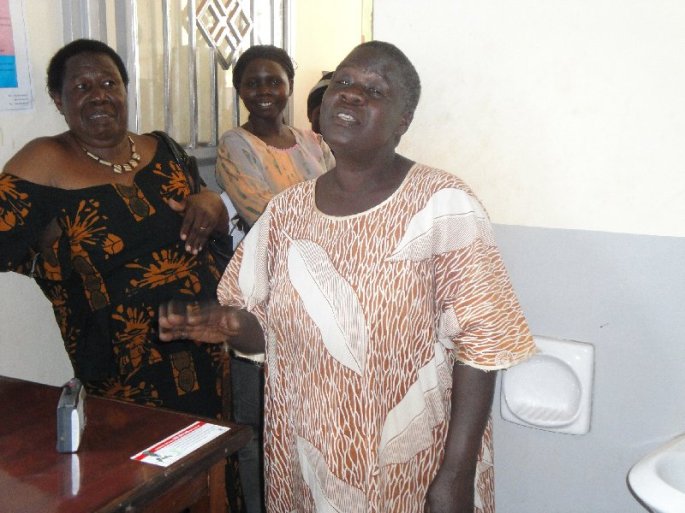“‘How can any patient value a doctor, value a nurse when they say such things about us?” – a medical worker in Uganda.
This is part of a new report done by HEPS–Uganda a Health Consumers’ Organisation advocating for health rights and responsibilities on the plight of Uganda’s health workers.
President Museveni has for the last one year, and this has intensified with election campaign, put the blame of Uganda’s dysfunctional health system on medical workers. That they steal drugs and that’s why we have no proper access to good health services. Daily Monitor on December 2010 had a story where the president told a rally in Tororo that the health workers steal drugs and that they will “pay with their backs”

I say they have already paid with their backs almost 60 percent of the positions in Uganda’s health center IIIs are vacant.
One health rights activist Patricia Mutambi told me that “we have demonised health workers in Uganda that they have almost ceased to be human in our eyes and people don’t even have an understanding of the difficult conditions they work in.”
The whole blaming of health workers will not solve problems. One of the quotes I found online.
“The army used to be indisciplined, but now it is very disciplined. If we can tame the army, who are these medical workers? We are going to tame them. It will not be long before we sort this problem out once and for all,”–President Museveni while on campaign in Bugweri
I think it’s time for President Museveni to tell Ugandans how he will fix the endless problems facing the health system and not mount an almost hate campaign against health workers who are poorly paid.

